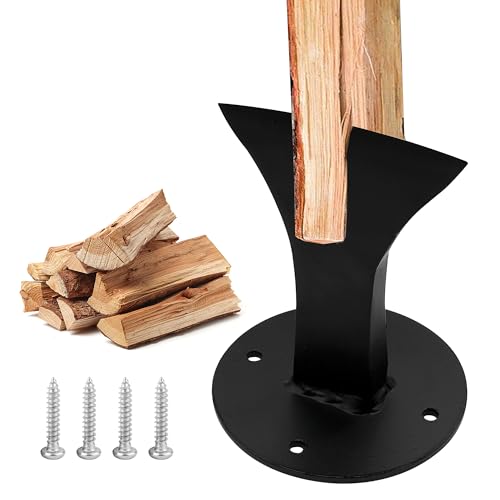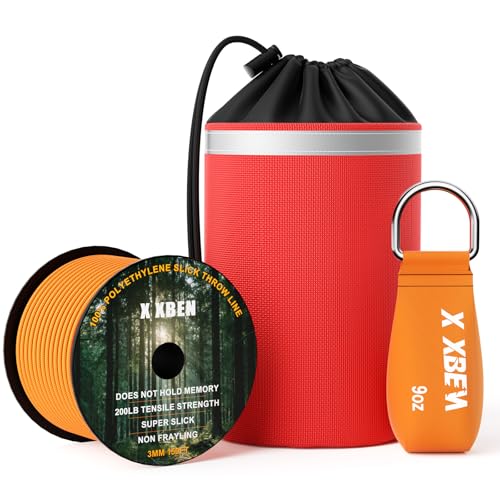chuckwood
Addicted to ArboristSite
- Joined
- Jan 26, 2008
- Messages
- 8,694
- Reaction score
- 15,542
- Location
- near the Great Smoky Mtns. Tennessee
Last year a pair of wild turkeys showed up in my woods. I'm surrounded on all sides by developed suburban and commercial areas, so the turkeys stayed in our woods and it seems made a bunch of babies. My neighbors and I got a kick out of this and were feeding them corn and peanuts we got at Rural King. They got here via the town's "greenbelt" area close by that includes a lot of woods and fields. But now a year later we have around up to a dozen or so turkeys. With the snow that just happened they found my neighbors bird feeding station that included a lot of bird seed dumped out on a sheet of plywood on top of the snow. The small birds and squirrels fled the scene and the turkeys took over.
I'm wondering now what will happen if all these new turkeys produce more turkeys, they are certain to grow exponentially in numbers as long as no predators get them and we continue to feed them. Because of leash laws dogs are all fenced in and can't roam around killing things like they used to in the 60's. Will there be a population explosion if unlimited amounts of feed is available? I was feeding the first two birds with relatively cheap and big sacks of dried corn and peanuts. Will it be necessary to "thin" the herd a bit for thanksgiving and Christmas to keep the numbers down? I suppose I could do it with subsonic .22 rounds that make very little noise. These birds won't find much food available in the areas surrounding our woods and I've so far not seen any wild turkeys in the city greenbelt areas, but now I see them almost every day here. They've got no incentive to leave. This is a classic situation of population explosion vs. food availability. I wonder if it would be possible to come up with a management solution that's good for both turkeys and humans.
I'm wondering now what will happen if all these new turkeys produce more turkeys, they are certain to grow exponentially in numbers as long as no predators get them and we continue to feed them. Because of leash laws dogs are all fenced in and can't roam around killing things like they used to in the 60's. Will there be a population explosion if unlimited amounts of feed is available? I was feeding the first two birds with relatively cheap and big sacks of dried corn and peanuts. Will it be necessary to "thin" the herd a bit for thanksgiving and Christmas to keep the numbers down? I suppose I could do it with subsonic .22 rounds that make very little noise. These birds won't find much food available in the areas surrounding our woods and I've so far not seen any wild turkeys in the city greenbelt areas, but now I see them almost every day here. They've got no incentive to leave. This is a classic situation of population explosion vs. food availability. I wonder if it would be possible to come up with a management solution that's good for both turkeys and humans.


























































